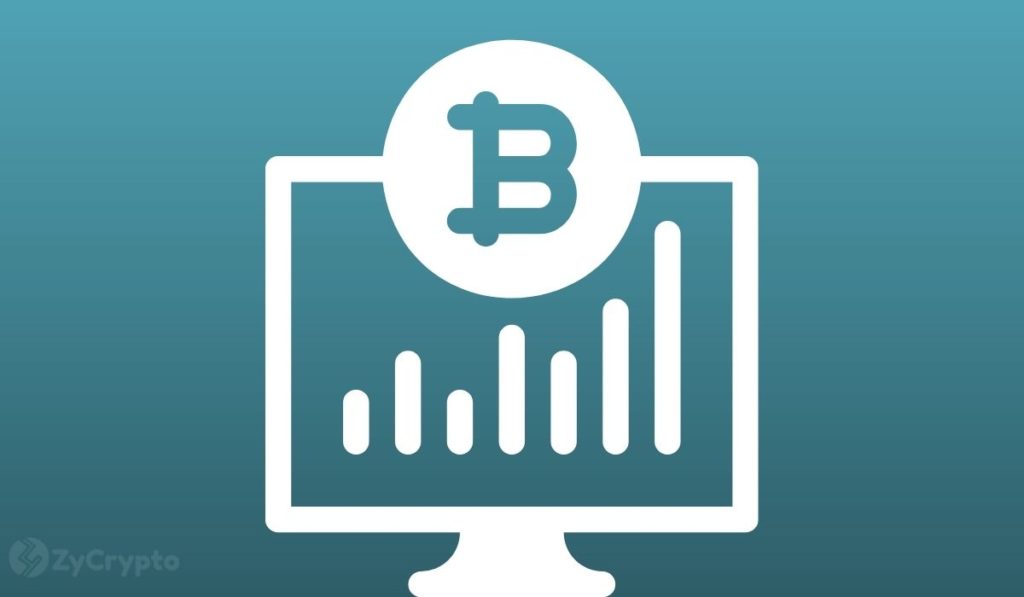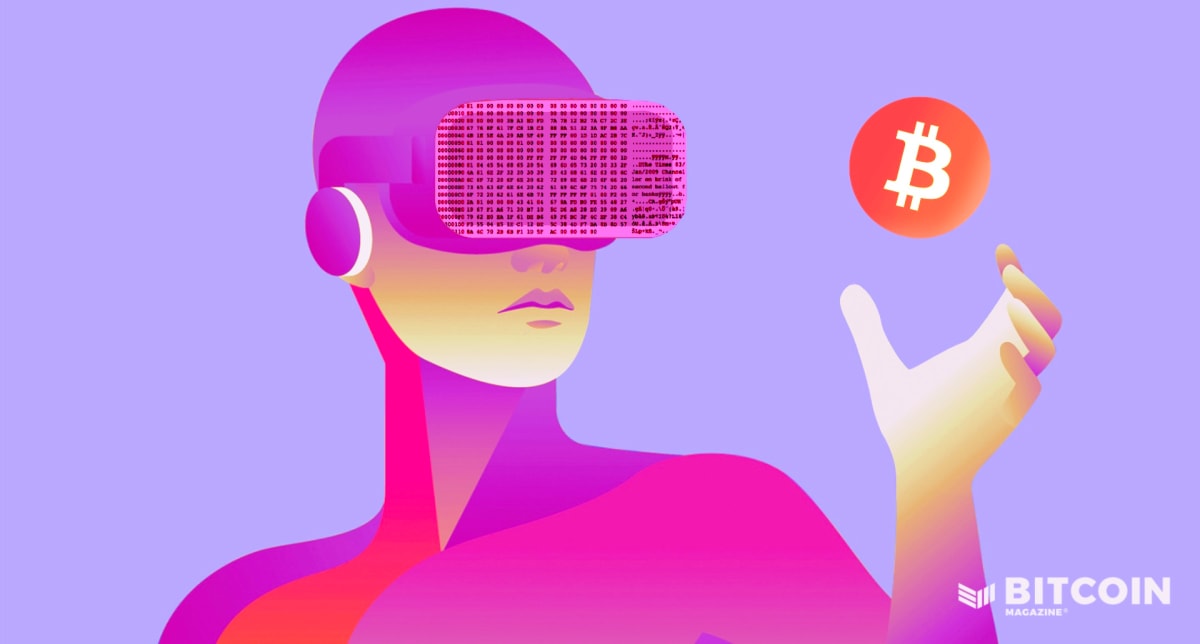2022-6-26 05:00 |
Creating a system distributed by the internet the same way Bitcoin exists could create accessible healthcare for everyone.
The Current Global Health Care System Is BrokenOver 6.2 million people have died of COVID-19-related deaths as of June 13, 2022. This is despite $8.9 trillion or 9.8% of global GDP spent on healthcare in 2019 worldwide.
More broadly, half the world lacks access to essential healthcare services. Furthermore, the current healthcare system leaves out the most vulnerable groups of people, leading to health disparities and inequities.
Health is a fundamental human right. It should be so for everyone.
Today, healthcare is delivered in one of two ways:
- Insurance-based healthcare systems: Generally, economically strong countries have insurance-based healthcare systems that may or may not offer universal coverage. Furthermore, health disparities and inequities are widely prevalent even among the most well-covered groups of people. As an example, in the United States racial and ethnic minorities, economically weaker sections of the population, and people who live anywhere other than in large, fringe metropolitan counties continue to experience worse quality healthcare.
- Out-of-pocket healthcare systems: Economically weaker countries usually have out-of-pocket healthcare systems. It is important to note that even in economies that have insurance-based healthcare systems, the most vulnerable group of people may still have to consume healthcare out-of-pocket. In the majority of the world where out-of-pocket systems are common, corruption, favoritism and lack of accountability is deep-rooted.
Both systems have one common attribute: intermediaries that control patient access or create inefficiencies or both.
Bitcoin Can Make Health A Human Right For EveryoneThe current healthcare system increases the cost of mediation. Like banks, health insurance companies are financial institutions that suffer from the inherent weakness of the trust-based model. More broadly, the current systems have led to additional intermediaries that add further inefficiencies in the healthcare system. For instance, it is estimated that out of $100 spent on prescription drugs acquired at a retail pharmacy using commercial insurance in the U.S., over $40 are captured by intermediaries.
This high cost of mediation limits the minimal practical transaction sizes, which disproportionately negatively impacts preventive care. In out-of-pocket healthcare systems, the societal cost of mediation in the healthcare delivery networks is even higher, i.e., without any insurance safety net the most vulnerable groups of people are either completely left out or are underserved.
To quote Satoshi Nakamoto: “What is needed is an electronic payment system based on cryptographic proof instead of trust, allowing any two willing parties to transact directly with each other without the need for a trusted third party.”
The best way to fix the currently broken healthcare system is to build a new peer-to-peer integrated healthcare system (IHS) between patients and providers that can deliver high-quality, equitable healthcare as an easily affordable public good for everyone.
This new peer-to-peer IHS can be function as follows:
First, an insurance-like product built on top of Bitcoin is required. Anyone enrolled in this product will be eligible to seek healthcare in the proposed IHS. Anyone that has access to the internet should be able to enroll. The only “insurance premium” people will pay is their de-identified data on determinants of health. Each member will maintain ownership of their data in perpetuity. Second, transparent, secure and efficient supply chains should be built on top of Bitcoin. This will solve for many critical challenges such as counterfeit medications and artificially inflated drug prices to meet the needs of intermediaries.Third, healthcare providers should only be incentivized to optimize patient outcomes. This can be achieved by strongly encouraging the practice of evidence-based medicine, including focusing on preventive care. Fourth, in addition to the data contributed by enrolled members, each healthcare provider should contribute data collected during patient-care.Fifth, value-adding services whose purpose will be to drive long-term optimization of patient outcomes and maximization of system efficiencies can be built by anyone. A part of any revenues generated from such services should be utilized to reduce out-of-pocket costs or to further incentivize providers for helping patients achieve optimal outcomes. This Bitcoin-Based IHS Can Bring Many Transformative Changes:- Universal healthcare: “It's safe to assume that every person on this planet will eventually have some way to access the open internet. We can't make the same assumption about participation in the global financial system” said Jack Dorsey recently. The same can be said about the internet and the healthcare system. In the peer-to-peer IHS, every person who has access to the internet can be a part of the system just by contributing their data on health determinants.
- Evidence-based, equitable healthcare for all: Since all that each member is paying in “premiums” is their data and providers’ incentives are tied to patient outcomes, everyone will get access to similar high-quality, equitable healthcare.
- Acceleration of development of new health technologies: Many of today’s medical technologies were discovered accidentally (e.g., Penicillin, X-rays and pacemakers). Similarly, trial-and-error is a common strategy in today’s R&D efforts. If a dataset that consists of all determinants of health information in a population is available, development of innovative health technologies will be accelerated.
- Better allocation of healthcare budget: By 2030, the U.S. will spend $6.8 trillion dollars annually on healthcare, per the latest “official” estimates. Assuming that focusing on preventative care and practicing evidence-based medicine can bring even a 5-10% reduction in healthcare spending, that will translate into $340 to $680 billion of savings. This is sufficient to cover all out-of-pocket health spending by the U.S. population. The available evidence points to how the proposed savings are achievable even just by implementing evidence-based care in the current system itself.
A Call To Action:I believe it takes a critical mass of three core criteria for a new idea to be kicked off:
1. A well thought through concept that can bring transformational change.
2. Technical expertise in how to execute on it well.
3. The resources required to make it happen are available to use.
This article summarizes my thoughts on the first point. I choose to do so as my current expertise is in healthcare. By the means of this article, I am calling for the Bitcoin community to explore ways in which we can achieve number two and three.
This is a guest post by Vishvas Garg. Opinions expressed are entirely their own and do not necessarily reflect those of BTC, Inc. or Bitcoin Magazine.
origin »Bitcoin price in Telegram @btc_price_every_hour
Bitcoin (BTC) на Currencies.ru
|
|




















